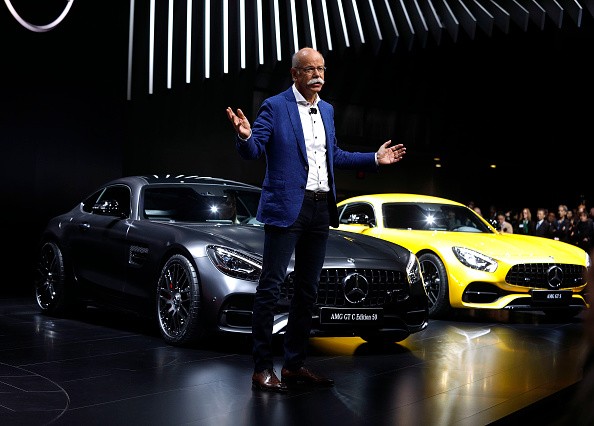Global car manufacturers have recently posted their sales records, revealing an increase in the world's largest markets. However, manufacturers and analysts alike warn about a possible slowdown in sales this year.
Mercedes-Benz reported that 2016 was its "most successful year" in history. The German manufacturer delivered 472, 844 cars to the Chinese market, up 26.6 percent from the previous year. On the other hand, British car manufacturer Jaguar Land Rover reported a 36 percent growth in the area.
American carmakers Ford Motors and General Motors also reported increases in their Chinese businesses as well. The former posted a 14 percent increase in sales (1.27 million cars) while the latter reported record sales of 3.87 million cars last year, a 17.1 percent increase compared to sales in 2015.
Japanese carmakers also reported increase in sales as well. Toyota and Nissan both reported an 8 percent increase in sales, while Honda estimated its growth at 7.4 percent.
China saw a spike in sales last year, where around 23.9 million cars, sports utility and multipurpose vehicles were sold. The government implemented a slash in the 10 percent sales tax to increase the demand on smaller engine cars, the largest since 2013.
According to the data from the China Passenger Car Association, Chinese consumers took advantage of last year's tax cut, resulting in a 15.9 percent gain.
Despite this record breaking numbers last year, analysts warn of a slowdown in growth during the first quarter of 2017. Sales might suffer a little around this period because of the aftereffect of last year's tax cut, which encouraged many consumers to get on with their automobile purchases. Most were driven because of fear that the tax cut would end immediately, instead of waiting to make that purchase this year.
"In late 2016 we definitely saw pull forward effects in engines below 1.6 liter. This will affect the Q1 negatively," said a sales executive of a major foreign automaker.
Despite the possible hangover from last year's tax cut, it seems that China is still a big market for these carmakers since the younger generation of motorists are looking to upgrade to premium cars.



























